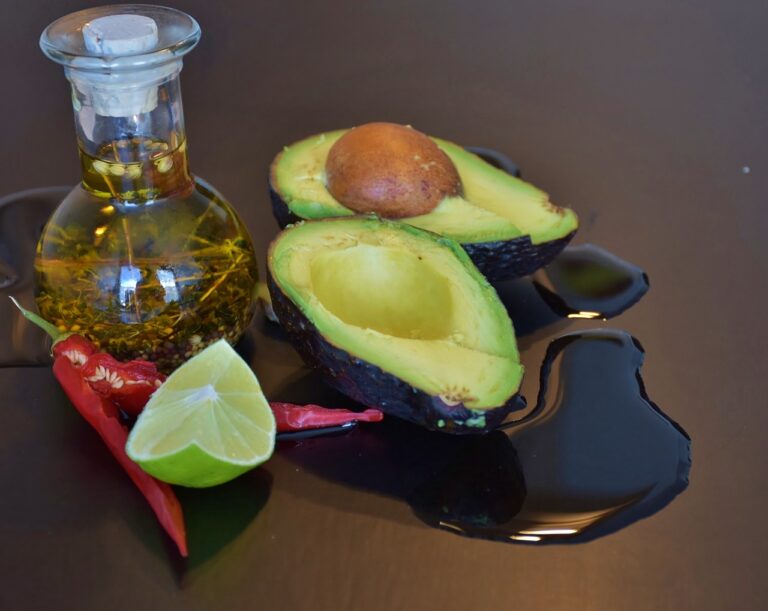Harnessing Microbes for Sustainable Agriculture: Lotusbook365 login, Play99exch com, All panel login
lotusbook365 login, play99exch com, all panel login: A growing concern in agriculture today is the sustainability of our farming practices. With the increasing need to feed a growing global population while also protecting our environment, it’s clear that we need to find new, innovative solutions. One such solution lies in harnessing the power of microbes for sustainable agriculture.
Microbes, such as bacteria and fungi, play a crucial role in the soil ecosystem. They have the ability to break down organic matter, cycle nutrients, and even help plants defend against diseases and pests. By understanding and harnessing the power of these tiny organisms, we can improve soil health, increase crop productivity, and reduce the need for harmful chemical inputs.
Here are some key ways in which microbes can be used to promote sustainable agriculture:
1. Improving Soil Health: Microbes help to create a healthy soil ecosystem by breaking down organic matter and releasing nutrients that are essential for plant growth.
2. Enhancing Nutrient Cycling: Certain microbes have the ability to fix nitrogen from the air and make it available to plants. This reduces the need for synthetic fertilizers, which can be harmful to the environment.
3. Suppressing Diseases: Some microbes can help plants resist diseases by outcompeting pathogenic microbes or producing compounds that inhibit their growth.
4. Enhancing Plant Growth: Beneficial microbes can stimulate plant growth by producing hormones or enhancing nutrient uptake.
5. Decomposing Organic Matter: Decomposer microbes break down organic matter like crop residues, releasing nutrients back into the soil and improving soil structure.
6. Resilience to Climate Change: Microbes can help plants adapt to changing climate conditions by improving their stress tolerance.
By harnessing the power of microbes, farmers can reduce their reliance on chemical inputs, improve soil health, and increase the resilience of their crops to environmental stressors. This not only benefits the environment but also the long-term productivity and profitability of the farm.
So, how can farmers effectively harness microbes for sustainable agriculture?
1. Use Microbial Inoculants: Farmers can purchase microbial inoculants that contain beneficial strains of bacteria or fungi and apply them to their fields to promote soil health and plant growth.
2. Practice Crop Rotation: Rotating crops can help maintain a diverse microbial population in the soil, as different plants support different types of microbes.
3. Reduce Tillage: Excessive tillage can disrupt the soil microbiome, so reducing tillage practices can help preserve beneficial microbes in the soil.
4. Incorporate Cover Crops: Cover crops can provide habitat and food sources for beneficial microbes, promoting their growth and activity in the soil.
5. Monitor Soil Health: Regularly testing soil health can help farmers understand the microbial populations in their soil and make informed management decisions.
6. Collaborate with Researchers: Working with researchers and extension specialists can help farmers stay up-to-date on the latest microbial-based practices for sustainable agriculture.
Harnessing the power of microbes for sustainable agriculture is a promising pathway towards more environmentally friendly and productive farming practices. By understanding and supporting the diverse microbial communities in our soils, we can create a more resilient and sustainable food system for future generations.
—
FAQs
Q: Can microbes harm my crops?
A: While some microbes can be harmful to plants, most microbes found in the soil are beneficial and play a vital role in promoting plant health.
Q: Are microbial inoculants safe to use?
A: Yes, microbial inoculants are typically safe to use and can help improve soil health without the negative impacts associated with chemical fertilizers.
Q: How long does it take to see results from using microbial products?
A: The timeline for seeing results from microbial products can vary depending on factors such as soil conditions and crop type. In general, farmers may start to see benefits within a few growing seasons.
Q: Can I use microbial products with other agricultural inputs?
A: Yes, microbial products can be used in conjunction with other agricultural inputs such as fertilizers and pesticides. It’s important to follow product recommendations and consider how different inputs may interact with each other.







